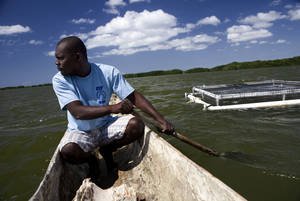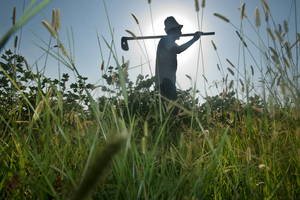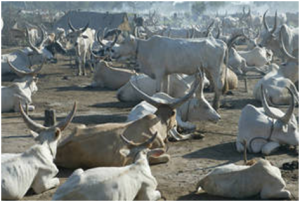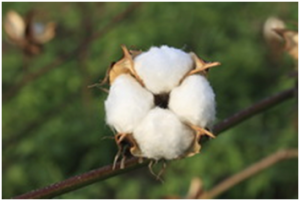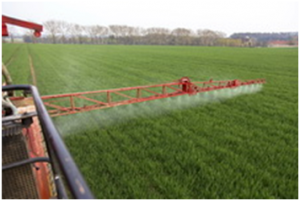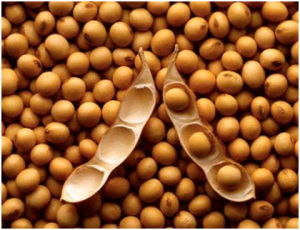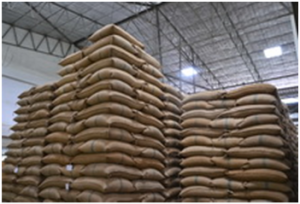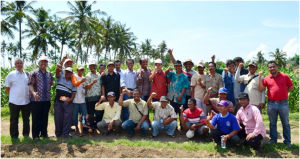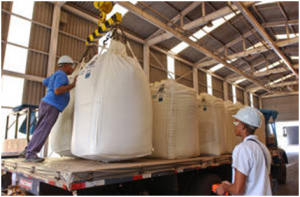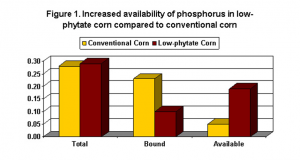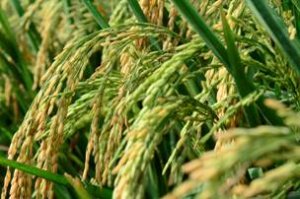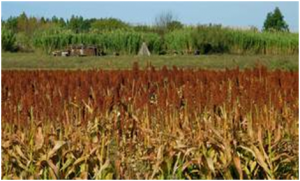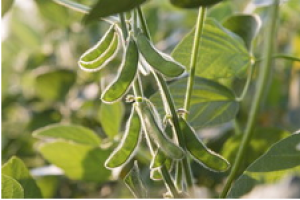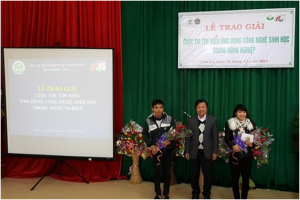|
Study quantifies cost of delayed gm canola adoption in Australia
Thursday, 2018/03/22 | 08:01:41
|
|
What is the cost of delaying GM crop adoption? Experts from the University of Saskatchewan (uSask) and SGA Solutions answered this question using the case of GM canola in Australia. The results are published in GM Crops & Food.
GM canola was approved in Australia in 2003 after a science-based risk assessment. This was followed by moratoria imposed by state governments because of potential trade impacts, which lasted up to six years in the main canola growing states and ongoing in other states. USask's Scott Biden and colleagues used the Canadian GM canola adoption curve to estimate the potential environmental and economic benefits of GM canola from 2004-2014 if the moratoria were not implemented.
The study showed that the environmental opportunity costs of delaying the adoption of GM canola in Australia include an additional 6.5 million kilograms of active ingredients applied to canola land; a 14.3% increase in environmental impact to farmers, consumers and the ecology; 8.7 million litres of diesel fuel burned; and an additional 24.2 million kilograms of greenhouse gas (GHG) and compound emissions released. On the other hand, economic opportunity costs of the moratoria caused a foregone output of 1.1 million metric tons of canola and a net economic loss to canola farmers' of AU$485.6 million.
Read the research article for more details. |
|
|
|
[ Other News ]___________________________________________________
|


 Curently online :
Curently online :
 Total visitors :
Total visitors :
